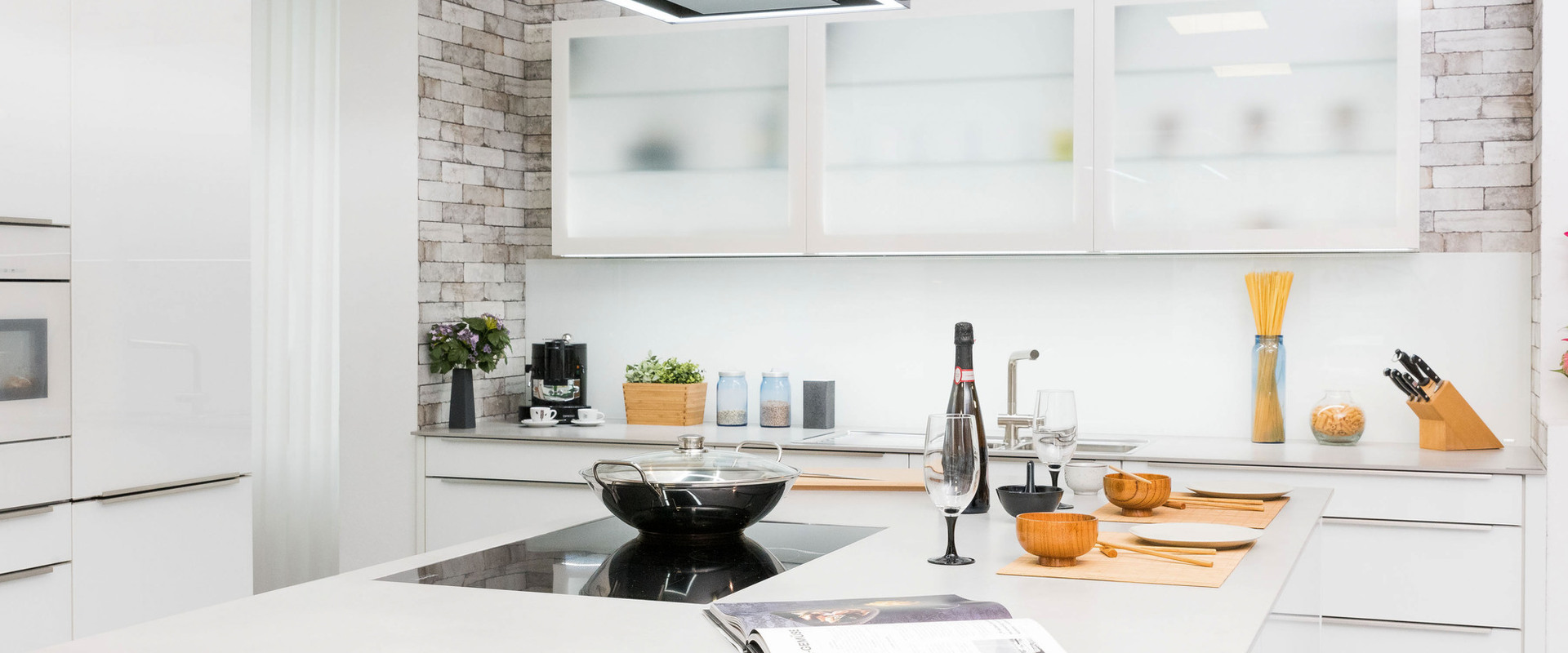The rediscovery of porcelain
2018-03-02
Strong, practical, and above all, beautiful: these are the features that have made porcelain so popular for use in design.
Though at first it was used primarily to cover floors and walls in high traffic areas, this prestigious material has recently been rediscovered for other applications in design, especially in the home.
The product’s great versatility and advanced technical and structural performance have made it the top product of companies like SapienStone, bringing the innovation, quality and perfection of Italian-made porcelain into the kitchen.
What is porcelain?
Porcelain is a ceramic material without an enamelled surface which is used to make
floor and wall coverings; it is made out of
raw materials of natural origin, which are ground and then finely pulverised before being pressed and fired.
Porcelain has truly outstanding technical properties:
it is compact, hard, resistant to abrasion,
tread,
wear over time,
chemicals,
heat and
the action of atmospheric agents and perfectly combines functionality and practicality with prestigious decorative impact.
These features have made it a great success, and while it was initially used exclusively for its outstanding technical performance, technological progress in the production of ceramics has led to evolution in the visual qualities of the material.
And so, while it was at first primarily used in situations characterised by high pedestrian traffic such as schools, banks, airports, factories and restaurants, porcelain is now also popular for use in the home for its ability to perfectly combine style with unique technical properties.
Surfaces with no grouting, which cannot be created using single-fired ceramic tiles,
leave architects free to design even, uninterrupted surfaces, amplifying the perceived size of spaces.
Porcelain finishes
Porcelain is now manufactured in a great variety of ways capable of responding to all kinds of requirements in terms of finish, decoration, size, colour and appearance.
Its
versatility has allowed designers and technicians to experiment and obtain
a vast range of products with different tactile qualities and styles.
Porcelain may be used to reproduce the most precious stones and the most delicate varieties of wood, without giving up all the advantages of an indestructible material with an eclectic appearance that can suit all kinds of creative whims.
Porcelain may be found with
3 different finishes:
natural, honed or polished, and with through decoration.
The choice of finish is primarily determined by the
application: there are in fact a number of differences that make one finish preferable over another in certain settings. In any case, the fact that it is frost-proof and mechanically strong makes it a suitable material for either
indoor or outdoor use, permitting visual continuity between these two types of space.
Before it is processed, porcelain is a light beige in colour, slightly marbled and very rough to the touch; this is the type that has the greatest
resistance to wear and to water absorption, as well as to
tread, abrasion and chemicals.
Processing of natural porcelain
affects only the product’s appearance, without altering its performance; the most common treatments are
brushing, lapping and polishing.
These categories also include
digital decoration permitting creation of customised slabs using appropriate printers and ceramic inks.
Uses of porcelain
Research and technology have revolutionised the industry that produces covering materials.
It is now possible to make
very large, thin slabs, permitting applications of porcelain that were unthinkable in the past.
Porcelain is no longer used only on floors and walls, but
its minimal thickness and reduced weight permits use for covering furnishings of all kinds, in every room in the home.
Moreover,
its easy cleaning and maintenance make it the perfect material for obtaining the desired results without giving up practicality and convenience.
SapienStone porcelain
SapienStone takes advantage of all the potential of porcelain, relying on the advanced technologies and more than 50 years of experience of the group of companies to which the brand belongs, the Iris Ceramica Group,
to offer yet another application of this versatile product: the kitchen countertop.
SapienStone kitchen countertops offer the perfect combination of beautiful design and form with the utmost practicality: the introduction of
through veins achieves
uniformity in three dimensions, so that the appearance of the material’s surface continues throughout its entire thickness, giving the surface a high impact look of aesthetic perfection.
The porcelain
SapienStone kitchen countertops are made of has a series of technical properties that make it the perfect choice for the worktop.
First of all,
SapienStone stands out for its particularly high resistance to heat and temperature excursions : boiling pots and pans and steaming coffeepots have no impact on its surface.
SapienStone countertops are extremely hard, and therefore completely
safe from scratching or damage caused by sharp knives or by dropped kitchen implements.
Kitchen countertops are extremely compact, and the material’s impenetrability makes them unalterable over time and stainproof , requiring no aggressive chemicals to remove spots and stains.
The material is non-porous, preventing proliferation of bacteria, making porcelain the perfect solution for kitchen countertops, the surface in the home that is subject to the most stress and comes into contact with foodstuffs.
Available in
18 colours,
3 finishes (
natural, polished and pre-polished), with a
thickness of only
12 mm in
320 x 150 cm slabs,
the SapienStone porcelain kitchen countertop is perfect on island and peninsula kitchens of all sizes: the perfect product for anyone who wants design without giving up practicality.
The Editors
